The US government shutdown, now in its fifth week, has sent shockwaves through the nation's scientific community, with far-reaching consequences that will likely outlast the current impasse. The disruption to science is not just a short-term setback but a long-term threat to the country's research capabilities, innovation, and economic competitiveness.
According to a report by the American Association for the Advancement of Science (AAAS), the shutdown has already resulted in the loss of over $1.2 billion in research funding, with an estimated 12,000 scientists and researchers furloughed without pay. The impact is not limited to government-funded research; private companies and universities are also feeling the pinch, with many projects delayed or canceled due to the lack of federal support.
The shutdown has exposed the vulnerabilities of the US research ecosystem, which relies heavily on federal funding. In 2022, the National Institutes of Health (NIH) alone accounted for over $40 billion in research grants, while the National Science Foundation (NSF) provided over $8 billion in funding for basic research. The loss of this funding has significant implications for the development of new technologies, treatments, and products that drive economic growth and improve public health.
The shutdown has also highlighted the contentious changes to federal research policy under the Trump administration. The administration's efforts to extend executive power and assert control over scientific institutions have created uncertainty and mistrust among researchers and universities. The proposed changes to the National Science Foundation's (NSF) peer-review process, for example, have been met with widespread criticism from the scientific community, who argue that they will undermine the integrity and objectivity of the review process.
The business implications of the shutdown are far-reaching. The loss of research funding and the delay of new projects will have a ripple effect on the economy, with potential losses estimated in the billions of dollars. The shutdown has also raised concerns about the country's ability to compete globally in key areas such as biotechnology, renewable energy, and artificial intelligence.
The US research ecosystem is not just a domestic issue but a global concern. The country's reputation as a leader in scientific innovation and discovery is at stake, and the shutdown has already led to a decline in the US's ranking in the Global Innovation Index. The loss of research funding and the delay of new projects will have long-term consequences for the country's economic competitiveness and its ability to address pressing global challenges such as climate change and pandemics.
As the shutdown enters its fifth week, it remains unclear when or if the funding will be restored. The impact on the US research ecosystem will likely be felt for years to come, with far-reaching consequences for the country's economic competitiveness, innovation, and public health.






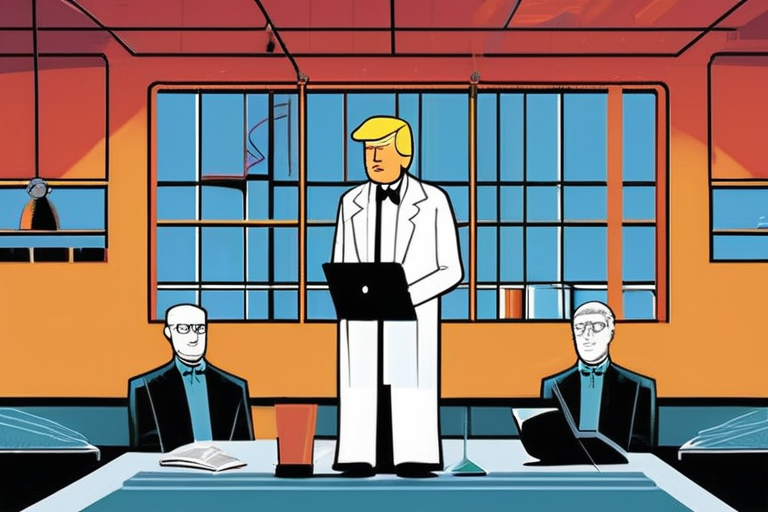
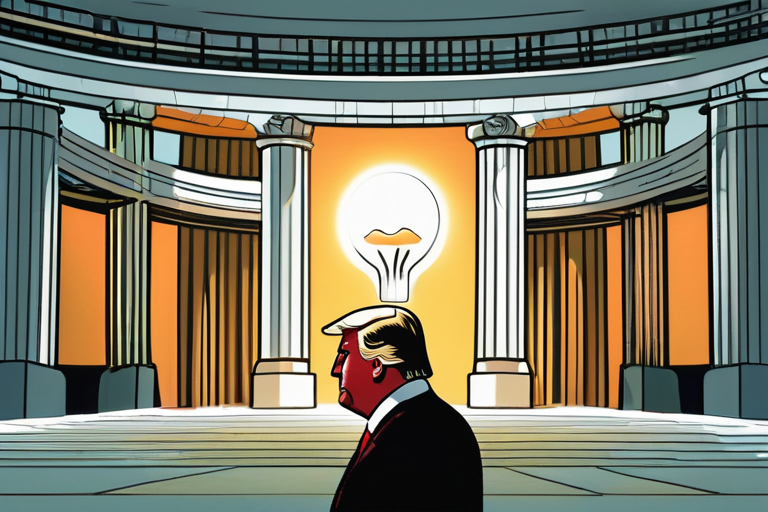

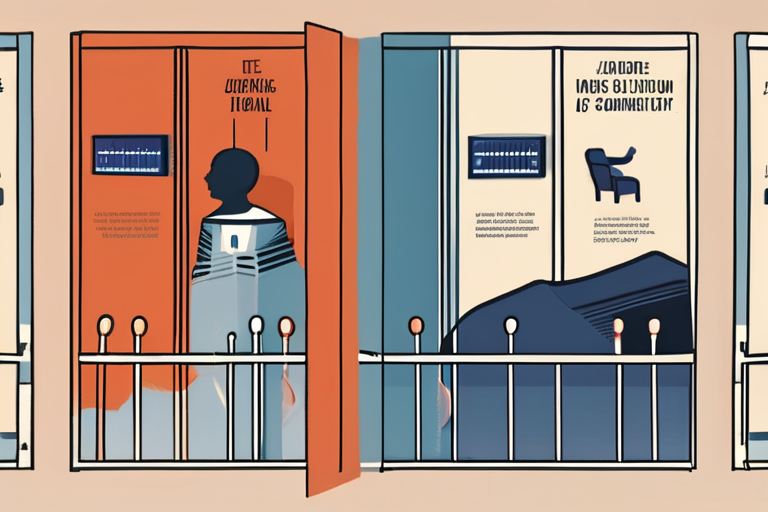




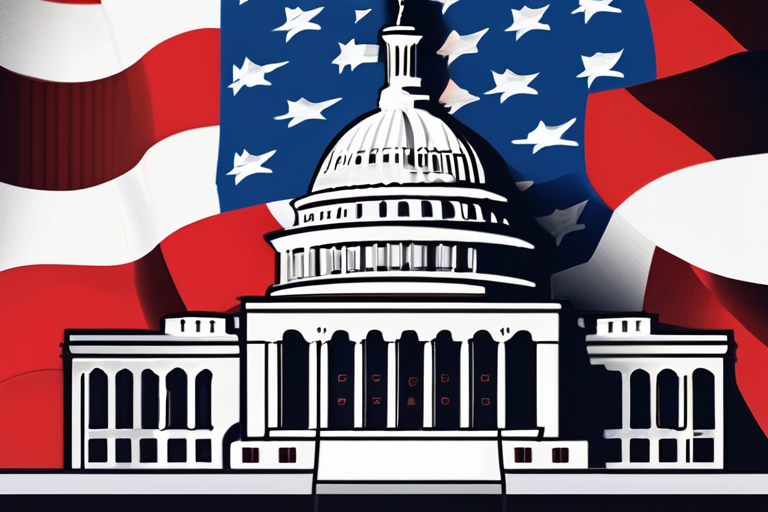









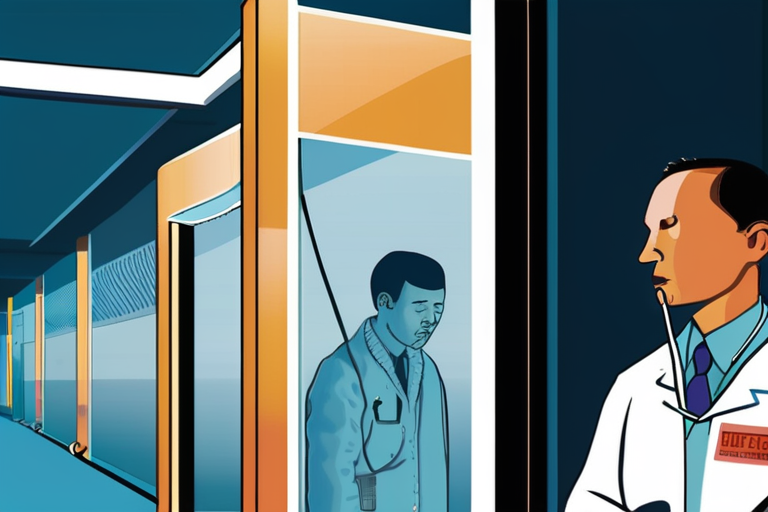
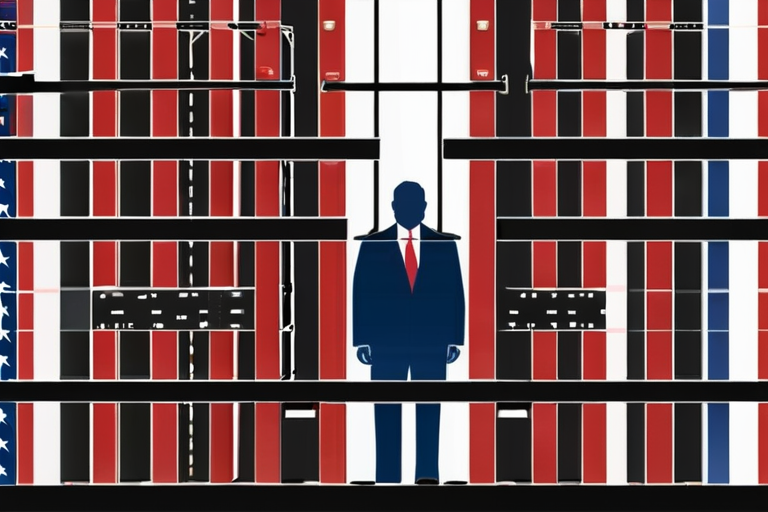

Share & Engage Share
Share this article